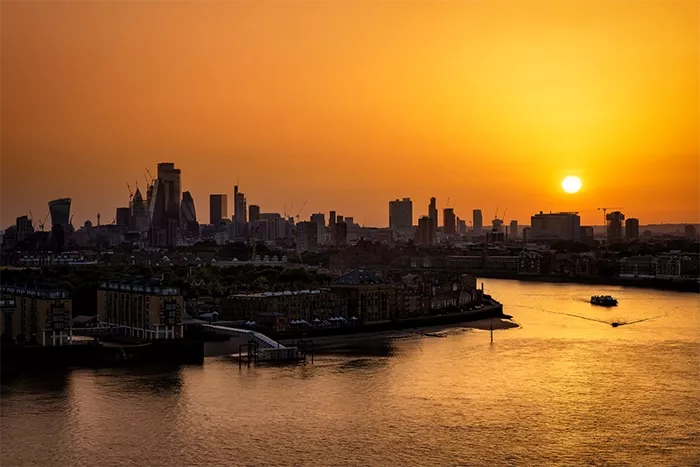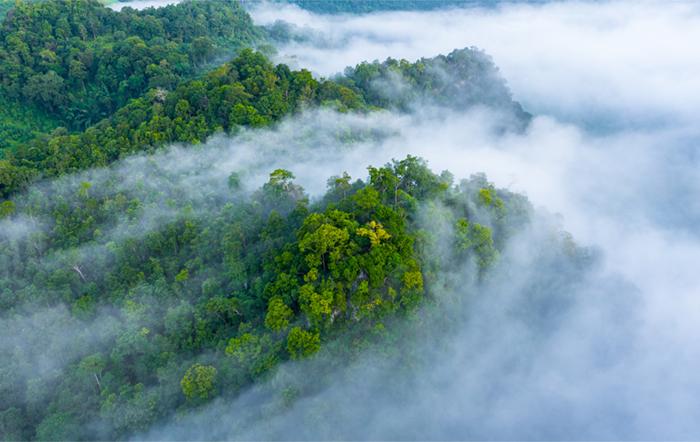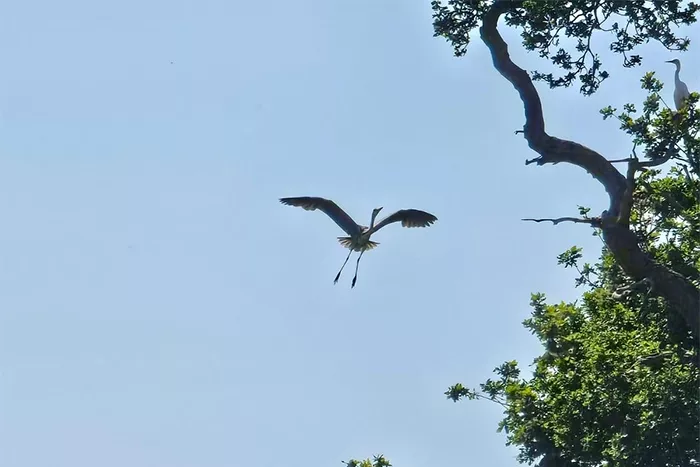The atmosphere’s growing thirst for water is making droughts more severe, even in places where rainfall has stayed the same. New research by Dr Solomon H. Gebrechorkos and Prof Simon Dadson et al in SoGE, published in Nature, finds that this “thirst” has made droughts 40% more severe across the globe.
News
Ashwini Petchiappan wins the Alfred Russel Wallace Prize
2023 MSc graduate Ashwini Petchiappan has won the Alfred Russel Wallace Prize for her dissertation research on The Impact of Climatic Oscillations on Bird Migrations. The prize is awarded once per year by the Examinations Board for the MSc in Biodiversity, Conservation and Management for an outstanding dissertation.

International Women's Day 2024: Who inspires you?
We are marking International Women’s Day – a time to reflect on the progress women have made and their ongoing fight for equality. The theme for IWD2024 is Inspire Inclusion. We asked SoGE students and staff to tell us about women who inspire them, and what they think inclusion means in the context of gender equality. They highlighted the influence and contributions of an incredible range of women, including activists, entertainers, academics, politicians, their own mothers, and many more. Here is what they had to say…

Oxford researchers launch updated carbon offsetting principles
An interdisciplinary team of Oxford University researchers have today released an update to flagship guidance on credible and net zero aligned carbon offsetting, which has been used by hundreds of organisations since its publication in 2020.

Jacobus Petersen wins The Quantitative Methods Research Group (QMRG) Undergraduaute Dissertation Prize
The Royal Geographical Society with The Quantitative Methods Research Group (QMRG) has named Jacobus Petersen as the winner of their 2023 undergraduate dissertation prize. Jacobus recently graduated from the BA in Geography course at the University of Oxford's School of Geography and the Environment (SoGE).

LGBTQ history month: celebrating queer memory in our cities
Cities are like archives. Through their architecture, street names, monuments, plaques and cultural heritage sites, we learn about what remains of the past. But who is remembered in public spaces, and who is kept forgotten? Dr Ammar Azzouz, British Academy Postdoctoral Fellow, explores the issue in an article for The Conversation.

Misguided reforestation programmes threaten vast area of tropical grasslands
New research involving Dr Nicola Stevens, Trapnell Research Fellow in African Environments at the School of Geography and the Environment, reveals the scale of misguided reforestation projects across Africa.
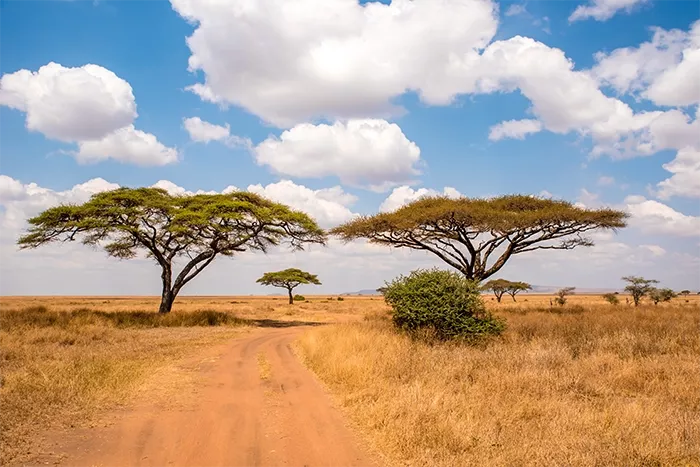
Green space vital to student wellbeing during COVID-19 pandemic
Research led by Dr Anaïs Lemyre from the School of Geography and the Environment, showed that access to green space played an important part in protecting the mental wellbeing of students when the country was in its third national COVID-19 lockdown.

SoGE climate research in the Kalahari Desert: the KAPEX field campaign
The Kalahari is warming at over twice the global rate, with climate projections indicating a gradual drying of the Kalahari, leading to more intense droughts. These trends present a profound threat to communities who have lived there for millennia and to the unique desert ecosystems. Over Christmas and New Year, a team of researchers from SoGE and University of Cape Town travelled to the Kalahari to retrieve some of the first detailed atmospheric observations from inside the Kalahari Desert in a bid to understand these troublesome climate trends.
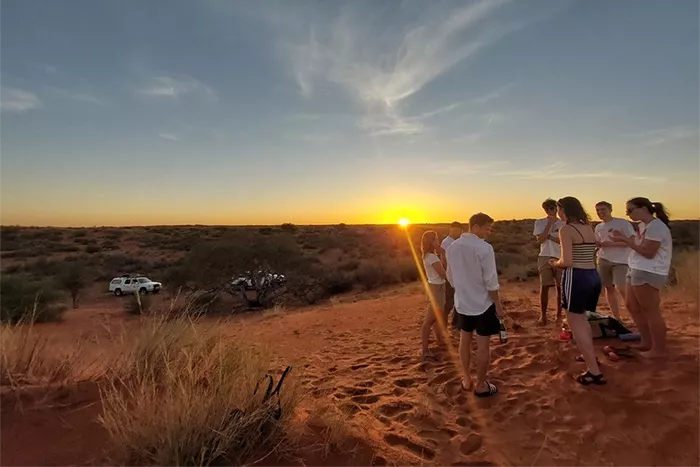
Oxford scientists launch ambitious roadmap for a circular carbon plastics economy
Researchers from the Oxford Martin Programme on the Future of Plastics, including Prof Richard Bailey, Professor of Environmental Systems, and researchers from the Smith School, have outlined ambitious targets to help deliver a sustainable and net zero plastic economy. In a paper published this week in Nature, the authors argue for a rethinking of the technical, economic, and policy paradigms that have entrenched the status-quo, one of rising carbon emissions and uncontrolled pollution.

Urgent call for UK Government to develop a heat resilience strategy
A new Parliamentary report spearheaded by Oxford University researchers, including Dr Radhika Khosla of the Smith School of Enterprise and the Environment, has urged the UK Government to introduce a national heat resilience strategy to prepare the UK for the widespread impacts of a warming world.
